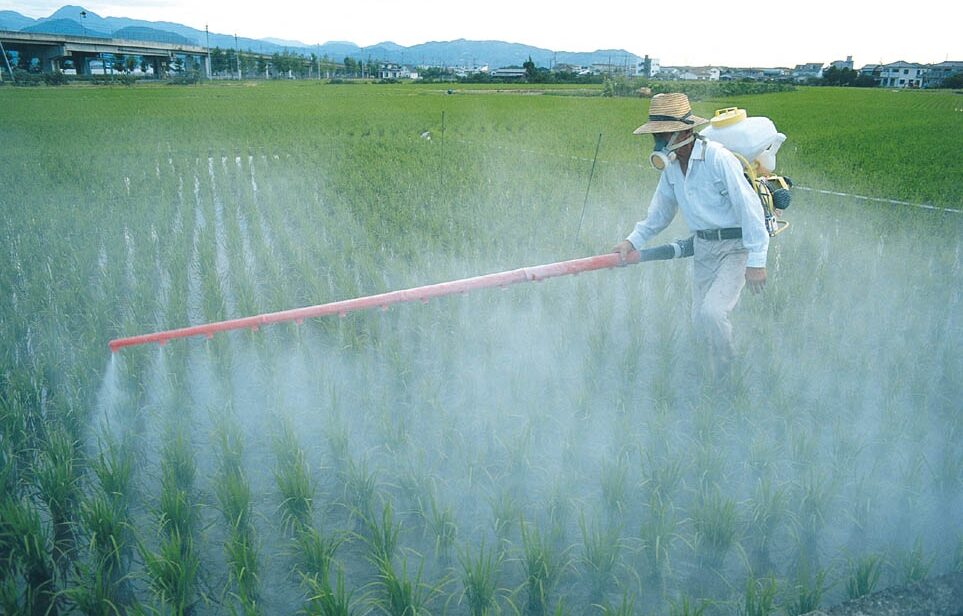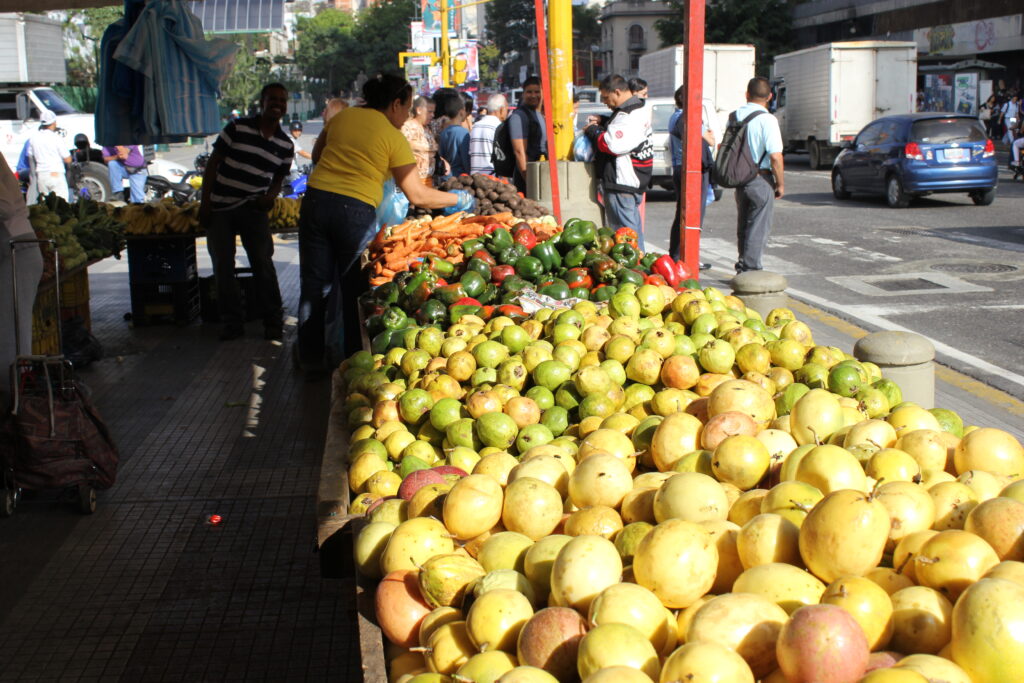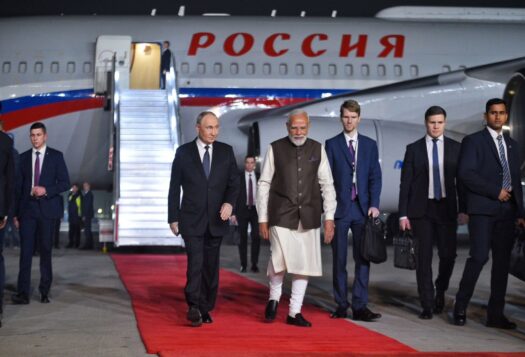
Once a recipient of international food aid, India has risen as a pivotal architect of global food security. This leap from dependence to empowerment is not merely an economic success story but a strategic orchestration of agriculture as a tool of diplomacy. This deliberate policy-driven expansion of India’s role signifies its evolution from a significant exporter to a key diplomat on the global food security stage.
India’s participation in agricultural diplomacy is also a critical step towards a more stable and food-secure world. However, while India’s ascent as an agricultural power has been lauded globally, the journey is marked by both triumphs and trials. The narrative of success in agricultural exports masks the underlying challenges in India’s agricultural sector that require a more nuanced approach to global market engagement.
To raise India’s diplomatic role in ensuring global food security, New Delhi should intensify bilateral and multilateral agricultural collaborations, especially with African nations, supporting agricultural innovation as a cornerstone of its foreign policy. Furthermore, India should foster knowledge-sharing platforms for sustainable farming practices. These policy recommendations are pivotal for India to navigate its diplomatic journey effectively and contribute to global agricultural prosperity.
India’s Agricultural Diplomacy through G20
India’s G20 presidency propelled significant global commitments to food security, as reflected in its push for millet exports and the G20 New Delhi Leaders’ Declaration. By introducing climate-smart agricultural practices and technology transfer, India will lead the transformation in making farming systems more resilient to climate change. The G20 summit outcomes, including the establishment of the Global Biofuels Alliance and the endorsement of the Deccan High-Level Principles on Food Security and Nutrition, underscore the importance of collective action to strengthen global food systems. Thus, India’s G20 presidency not only emphasized its leadership role but also highlighted the potential for its agricultural sector to contribute meaningfully to global food security and sustainability.
To raise India’s diplomatic role in ensuring global food security, New Delhi should intensify bilateral and multilateral agricultural collaborations, especially with African nations, supporting agricultural innovation as a cornerstone of its foreign policy.
The G20 commitments also support the inclusion of the African Union as a permanent member, enhancing the representation and voice of developing nations in global food security discourse. This inclusion is a strategic win for India’s agricultural diplomacy, offering a new dimension to its engagement with African nations. The summit’s recognition of the need for sustainable and climate-resilient food systems paves the way for India’s initiative on agricultural mechanization in Africa.
In this context, it is clear that India’s agricultural diplomacy is not just a future goal but an ongoing endeavor with room for significant expansion. Africa’s potential as a focal point for India’s agricultural diplomacy cannot be understated, particularly considering the need for a renewed focus on rural Africa due to the slow rate of urban industrial expansion. India’s current engagements, although fruitful, are a fraction of what can be achieved. Therefore, India should intensify its agricultural diplomacy efforts, not only as a means to solidify its bilateral relationship with Africa and other Global South regions but also as a strategic move to contribute to global food security.
India-Africa Agricultural Alliance
India’s agricultural diplomacy has already sown seeds of engagement with Africa, yet the full potential of this relationship remains to be fully harvested. While there are initiatives like the India-Africa Institute of Agriculture and Rural Development and India-Africa Forum Summit, deepening these ties is essential to make a significant impact on African agricultural development.
China’s agricultural diplomacy, through initiatives like ‘Operation Vanguard‘, demonstrates a model of engagement that has yielded significant benefits. Since 1961, China has been actively involved in Africa’s agricultural sector, establishing universities and research hubs. India, with its own robust agricultural knowledge and technological advancements, can adopt a similar approach to forge a mutually beneficial relationship with African nations.

For India, such an engagement would translate into a strengthened global presence, opening doors for Indian agro-technological firms and expertise to establish a foothold in new markets. It would also offer a channel to project soft power by becoming an essential partner in Africa’s agricultural transformation. This partnership could lead to diversification of India’s diplomatic ties and economic interests, aligning with its broader foreign policy goals.
On the African side, the benefits of such a partnership are manifold. With India’s support, African nations could experience a revolution in agricultural productivity, leading to increased food security, job creation, and economic stability. The introduction of new technologies and practices from India could help in addressing local challenges such as water scarcity, soil degradation, and unsustainable farming practices. Furthermore, India’s experience in dealing with similar climatic and socio-economic conditions makes it a particularly relevant role model for African nations.
India’s can continue to extend its partnership with Africa through initiatives such as the Feed the Future India-Africa Agriculture and Natural Resource Management Innovation Sharing Platform. This initiative strengthens agricultural value chains in nations like Kenya and Malawi by introducing innovative farming techniques tailored to local conditions. Meanwhile, India can also strengthen its engagement through civil society organizations and NGOs, as exemplified by the Self Employed Women’s Association (SEWA’s) engagement in Ghana. This initiative empowers women by fostering self-reliance, thereby enhancing agricultural productivity and establishing robust supply chains. As such, India should not only transfer technology but also adapt it to suit the diverse ecological and socio-economic landscapes of African nations, thereby positioning India as an ally for sustainable agricultural advancement.
Domestic Challenges and Opportunities
India’s agricultural journey has been one of ambition and resilience, yet marred by ongoing challenges that temper its progress. As India positions itself as a beacon of agricultural innovation and cooperation globally, it must also confront the paradoxes within its own borders.
India should not only transfer technology but also adapt it to suit the diverse ecological and socio-economic landscapes of African nations, thereby positioning India as an ally for sustainable agricultural advancement.
Agricultural productivity, while on an upward trajectory, confronts inequity and ecological strain, as evidenced by continuing farmer protests and the quest for agrarian reform. In particular, persistent issues with smallholder farm productivity, resource management, and the environmental impact of intensive farming practices continue to be a concern. The Green Revolution, once a harbinger of self-sufficiency, now presents a cautionary tale of environmental costs in regions like Punjab, where sustainability has become a critical concern.
Moreover, the disparities in technological access and agricultural infrastructure between different regions in India have led to uneven development and prosperity. This unevenness sometimes hinders India’s ability to project its agricultural assistance abroad. Addressing these caveats involves not only acknowledging these internal challenges but also crafting a diplomacy that is sensitive to diverse agricultural landscapes and capacities. Such an approach would not only strengthen domestic food security but also enhance India’s credibility as a leader in global agricultural diplomacy, capable of contributing to international food security with a clear understanding of its own challenges.
Despite these internal complexities, India’s aspiration to lead on the global stage of food security remains undiminished. It is through the lens of its domestic imperfections that India can perhaps most authentically offer solutions and wisdom to the global community. India’s journey towards agricultural prosperity is not just about transcending its challenges but also about leveraging its learnings to aid others on a similar path. Thus, its vision for a future free from hunger is rooted in a pragmatic acknowledgment of the hurdles ahead. India’s leadership in global food security is appropriate not in spite of its struggles, but because of them. In the grand narrative of global food security, India’s role is both as a leader and a learner, ready to synthesize its lessons from within to foster a more food-secure world.
Also Read: Agrarian Reform and U.S.-India Relations.
***
Image 1: A farmer watering an agricultural field via Flickr.
Image 2: Food market via Flickr.


